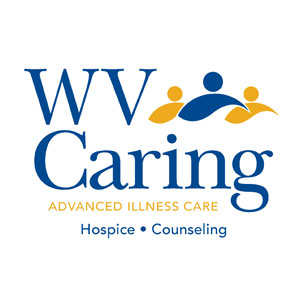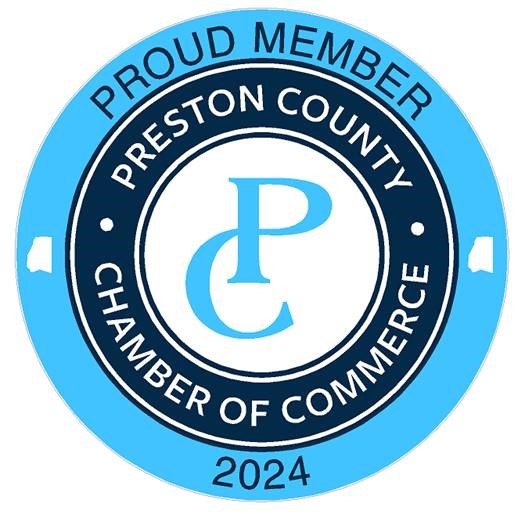Call 1-866-656-9790 today!
Our support is a toll-free phone call away. Our Access Center will start the ball rolling to get you the help you need.
Call 1-866-656-9790 today for support!
HEALTHCARE PROFESSIONALS
“I wish we had Hospice sooner.” A study published in the Journal of Pain Symptom Management found that hospice patients lived on average 29 more days than those non-hospice patients.
We often hear the regrets from our patients and families realizing they should have received hospice service sooner because of the excellent care and additional support they received. Any time during a life-limiting illness, and especially before a medical crisis, it is important to discuss with your patients all healthcare options, including hospice. Even though some physicians are hesitant to talk about hospice, many patients become grateful and relieved to have their physician initiate that conversation and develop a plan of care that focuses on their goals.
Hospice care may be appropriate for any patient with end-stage illness (such as cancer, pulmonary disease, Alzheimer’s and other non-malignant conditions.) Prognoses are not always certain as some terminal illnesses have unpredictable courses. However, if you believe your patient has six months or less to live, you can certify your patient with WV Caring. You and our hospice team will develop a care plan, which includes the desires of the patient and the family.
If your patient is enrolled with WV Caring and lives beyond six months, our staff will make a face-to-face visit with your patient to confirm our care, recertifying as appropriate.

Your
Role
as a Physician
You play an important role in providing your patient’s choices for end-of-life care.
Hospice supports you, the physician, by enhancing and extending your care, which results in reduced hospitalizations and ER visits and, most importantly, the best quality of life for your patients and their loved ones.
You can identify the need for end-of-life care and then communicate that need to the patient and loved ones. It is important for you to let the patient know that you will continue to see and care for them. When your patient elects their Medicare Hospice Benefit, they designate an attending physician. You will be certifying that based on your clinical expertise, the patient has a prognosis of six months or less should their illness run its natural course. With this initial hospice election, the hospice must obtain certification of the terminal illness from the patient’s attending physician, if there is one, and the hospice medical director. It’s important to know that the patient has the choice to choose their attending physician, or not to have one. It is not required to have an attending physician.
Plan
of
Care
Physicians play an important role in hospice. When a physician refers a patient to hospice, we often see that this physician is also providing the certification for the patient.
As the attending physician, you and the patient and family have a critical role in the
plan of care. You, the patient and the hospice physician along with the interdisciplinary team will develop, review and update the plan of care.
As a member of the hospice team, you provide expertise, guidance and historical
patient knowledge that will ensure optimal quality of life for your patient and their
loved ones. You choose how involved you want to be. You choose the communication you wish from hospice: how, why and when. If you wish, you will be kept informed about the patient’s condition and any changes that occur. You can attend the team meetings in person or on the phone. You will be called for medication orders and any change in the level of care orders unless you have asked the hospice physician to assume this responsibility. The hospice will provide you written case conference summaries on a regular basis if you want. It’s up to you.
As the attending physician, you continue to bill Medicare Part B for professional services physician office, home, inpatient or nursing home visits – in the usual manner, adding a modifier. The following modifier should be placed on the CMS/HCFA 1500 form, box 24d:• “GV” modifier:
What WV Caring Offers Your Patients
Did you know that on average patients who receive hospice care lived 29 days longer than those who had similar conditions but did not receive hospice care? Unfortunately, studies also show that instead of the 180-day hospice care service that is provided under Medicare, Medicaid and most private insurances, the median length of stay is less than three weeks.
Under the Hospice Medicare Benefit Part A, care is covered for terminally ill patients in a home setting, including:
Nurses
Physicians
Social Workers
Clinical Nursing Aides
Medical Equipment and Supplies
Medications
Chaplains
Volunteers
Grief and Loss Counseling
The earlier you can recommend hospice care, the sooner our team can help your patients find a quality of life they are comfortable with, among:
Increased outcome improvements
Decreased visits to the emergency room and hospice readmissions
Increased performance scores
One of our goals is to keep your patients from having to make frequent trips to the hospital and emergency room. We realize that it’s important to you to avoid readmissions, within the first 30 days after being discharged to the hospital, as well as minimizing expensive ICU stays. WV Caring has a proven track record to manage your patient’s pain and other symptoms of their disease at home or wherever they call home.
What WV Caring Offers Your Facility
WV Caring can offer your facility the highest, quality care for your patients in North Central West Virginia. Our staff is very experienced in providing the most specialized types of patient care. Think of us as an extra layer of care, or an extra set of hands for your residents going through their end-of-life journey.
Over 20 years ago, we were selected by the West Virginia Initiative to improve end-of-life care as the first hospice to provide education and training to hospitals and nursing homes.
WV Caring can offer facilities the education and training regarding all aspects of end-of-life and hospice, including pain and symptom management, grief and bereavement and ethical issues.
If you would like more information about how WV Caring can help you, just contact our Access Center at 1-866-656-9790 or 304-599-3105.





